
The Belarusian opposition holds no hope for the coming presidential elections, due on January 26, to be fair. Strongman Alexander Lukashenko, in power for 30 years, will likely extend his rule, which means that the country will remain at odds with the West and in Russia’s grip.

Georgia’s worst political crisis in years continues into 2025, following a year marked by mass protests, accusations of electoral fraud and the derailment, by the ruling Georgian Dream party, of the country’s European integration path.

Those that denounced the crimes of communism were defeated in Putin's Russia and must now find the resources to start over, according to a Russian historian from the Nobel Peace Prize laureate Memorial human rights organization.

Russia needs weapons and people from allies like North Korea to keep the war in Ukraine going, says the Russian independent international relations expert Pavel Luzin.

Pavel Matsukevich says Aleksandr Lukashenko has released some opponents because he knows he can throw them in jail any time, not because he got a deal with the West.

The transition to the next stage of Russia's development is possible only through a violent civil conflict, Russian independent political analyst Alexander Morozov claims.

Deputy Prime Minister for European Integration Cristina Gherasimov spoke in an interview with Veridica about Chisinau's plans to join the EU and the measures that the Republic of Moldova is preparing for this stage, about Romania's constant support, but also about the elements of hybrid war used today by Russia to divert the Republic of Moldova from the European path.

July 20 marked the 30th anniversary of the establishment of Alexander Lukashenko's regime. Four years ago, his political stability in Belarus was seriously undermined by mass protests: democratic Belarusians at the time called for new elections and supported Sviatlana Tsikhanouskaya. The break-up of demonstrations was followed by a brutal repression that forced many of them to leave the country, including the leader of the democratic forces. Veridica spoke to Tsikhanouskaya about the current state of the opposition, the release of political prisoners and what we can expect from the presidential election slated for next year in Belarus.

The pace of the Russian offensive in Ukraine will slow down by the end of July because Russia has urgently called all available reserves into play, according to the Ukrainian military expert Oleg Zhdanov.

Russia's strategy in Moldova is to insist on discrediting the EU and undermining the European integration process and to put less emphasis on its promotion, according to Florent Parmentier, one of the best young researchers French on the ex-Soviet space and a good connoisseur of the realities in Moldova.

Literature helps us understand the act of justice. To overcome the traumas, inherited from victims or executioners, we need both literature and justice. Writer and international law expert Philippe Sands explains how he embarked on a real-life Nazi literary hunt and why it's still relevant today.

Russian propaganda is constantly adapting its narratives in the context of the war in Ukraine, and as overt propaganda loses its effectiveness, it increasingly turns to disinformation and truncating part of the truth.

Georgia was granted EU candidate country in late 2023, but it needs to undertake a number of reforms before the actual negotiations would start. The European Council’s decision came following a complicated year, when the ruling Georgian Dream was faced with criticism from the West and domestic turmoil for what were perceived as pro-Russian and authoritarian policies. Veridica spoke with the co-founder of the Center for Strategic Analysis (GSAC), former Georgian Ambassador to Russia Valery Chechelashvili about how the events of 2023 could affect the future of Georgia, considering the fact that 2024 is an election year.
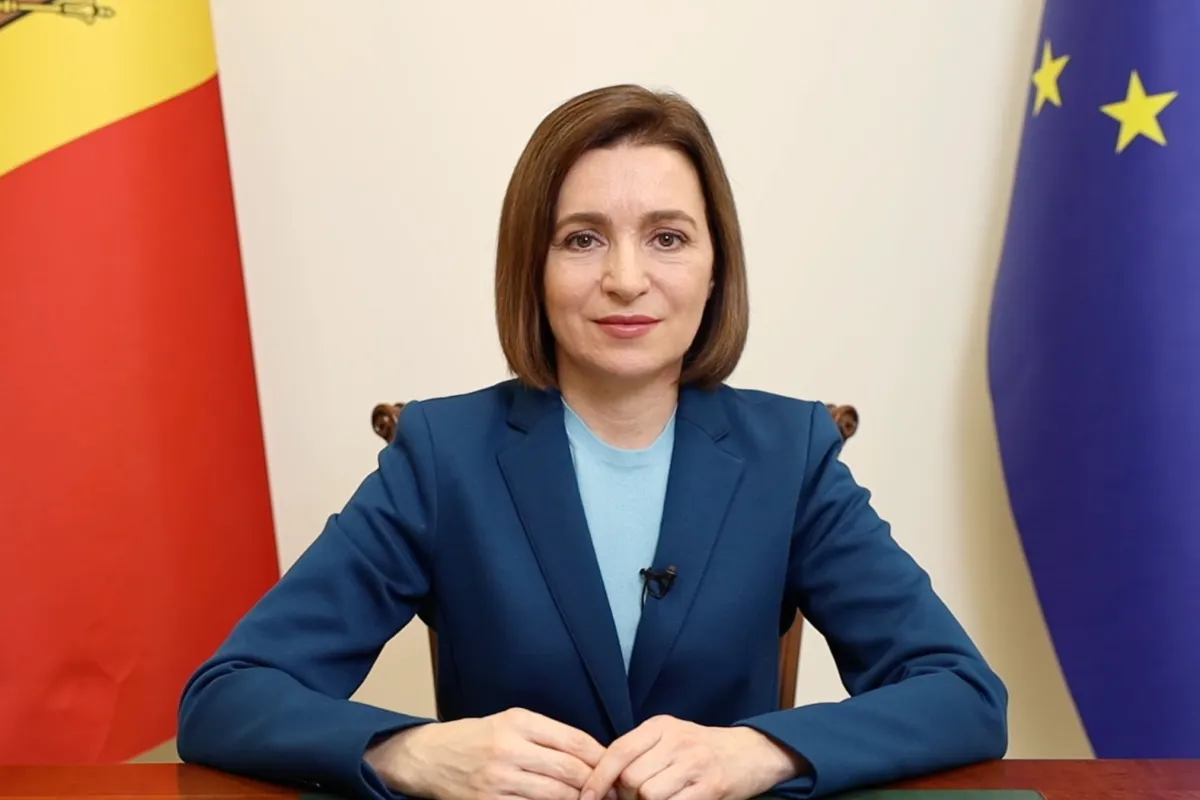
The Republic of Moldova will join the EU by 2030, believes President Maia Sandu. In an exclusive interview, Maia Sandu also spoke about Russia's pressure on Moldova.

The dismantling of the Nagorno Karabakh republic was the most important change in the South Caucus since Turkey (re)emerged as a powerhouse there. More changes might follow.

The Baltic States are being targeted by Russian disinformation which is using both narratives launched before the war in Ukraine and newer ones.
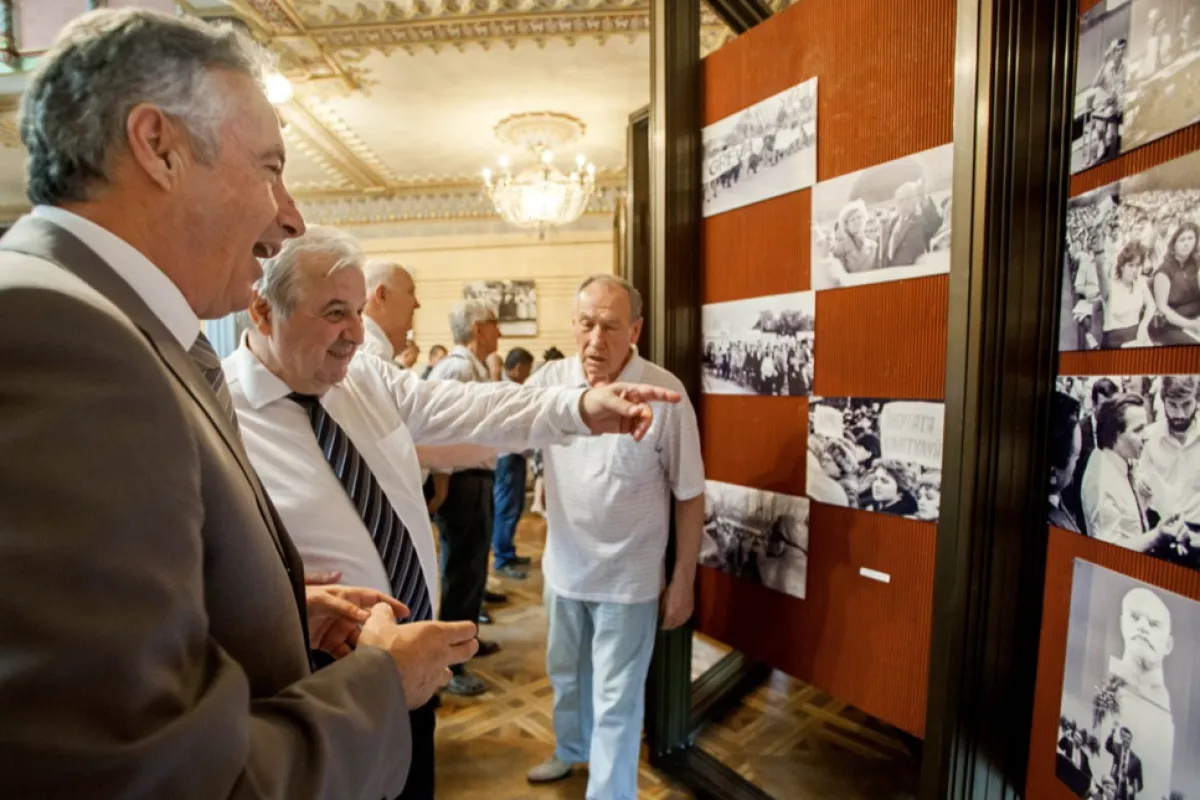
Many Moldovan deputies voted in favor of the independence of the Republic of Moldova out of fear, but they opposed the unification with Romania, although Bucharest would have agreed to this move, says Bessarabian academician Valeriu Matei.
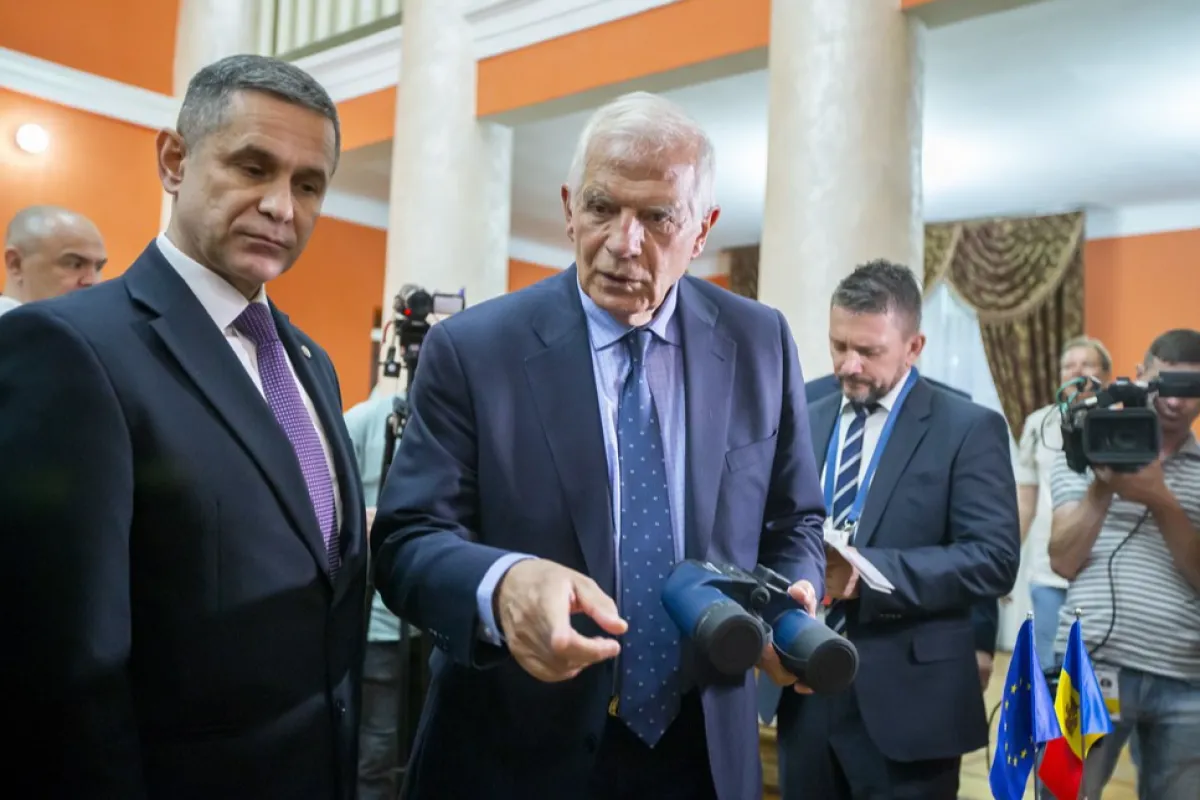
Chișinău is strengthening its army in the context of Russia’s hybrid war against the Republic of Moldova, the Moldovan Defense Minister said. In an interview to Veridica, Anatolie Nosatîi also referred to military cooperation with the EU, NATO and Romania.

Russia is involved in a hybrid war against the Republic of Moldova, says the Moldovan Interior Minister, Ana Revenco. In an interview to Veridica, Minister Revenco also said that, in spite of facing the greatest security challenges since the war in Transnistria, the Republic of Moldova also benefits from the West’s endorsement, which has conveyed a clear message to Russia regarding the “red lines” it shouldn’t cross with respect to Chișinău.
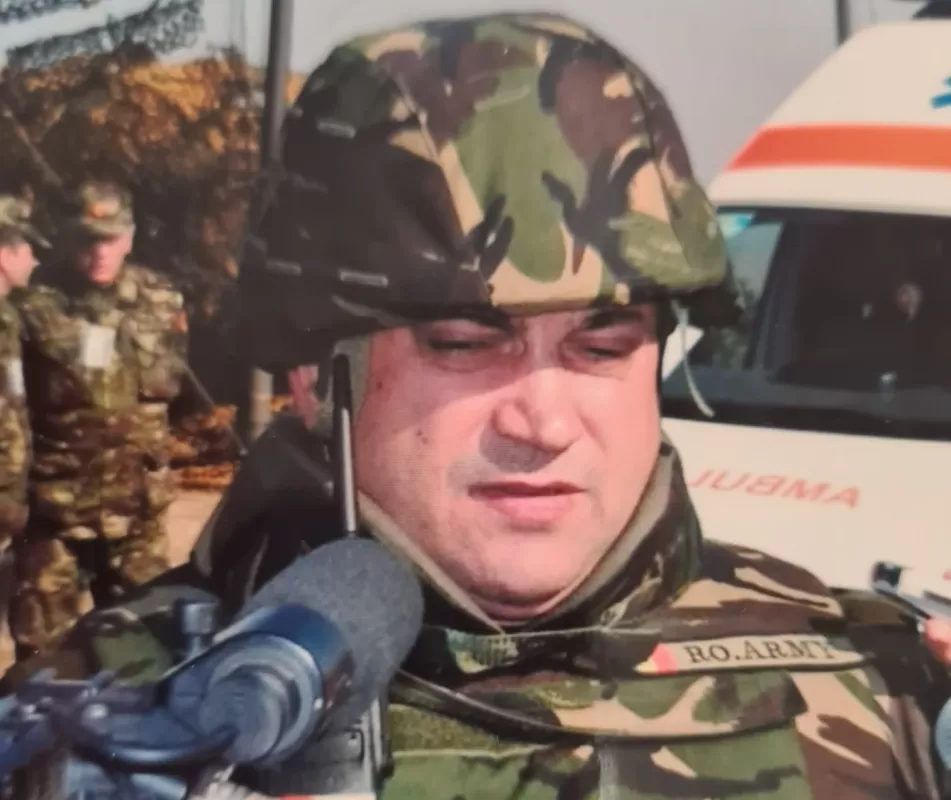
Ukraine would need two fully equipped mechanized divisions to push the Russian forces out of the four regions annexed in the fall, according to the reserve lieutenant general Cătălin Tomiță Tomescu, tank officer and former commander of the Multinational Corps South East (MNC-SE ), NATO’s regional command. General Tomescu warns, however, that its human and material resources are an advantage to Russia, as well as the fact that its leaders are indifferent to the huge losses they are experiencing on the front.
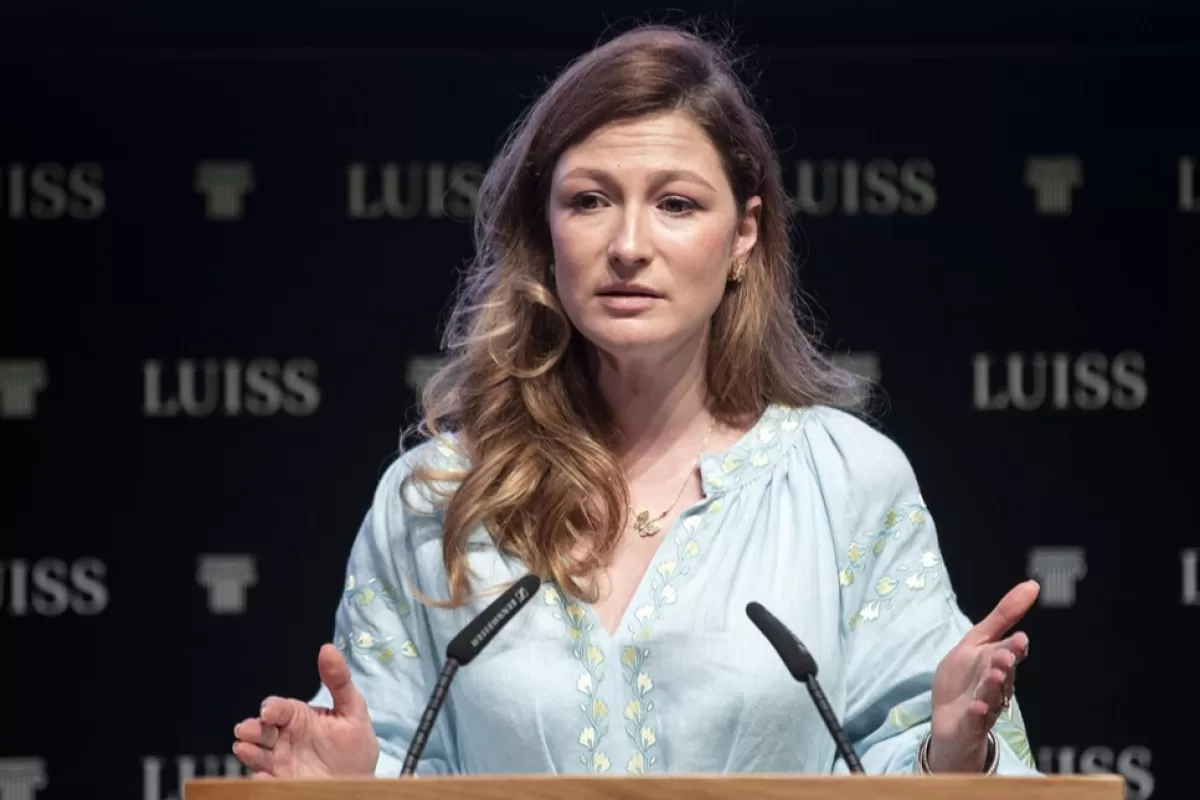
Crimean Tatars were the first victims of Russian aggression in Ukraine and continue to be persecuted by Moscow, according to Kiev's Deputy Foreign Minister Emine Japarova. In an interview with Veridica, Japarova, who coordinates the strategy of the Crimea Platform and is responsible, among other things, for public diplomacy and the relationship with international organizations, explained how Russia violates the Geneva Conventions and why its crimes in Ukraine can be considered a genocide.
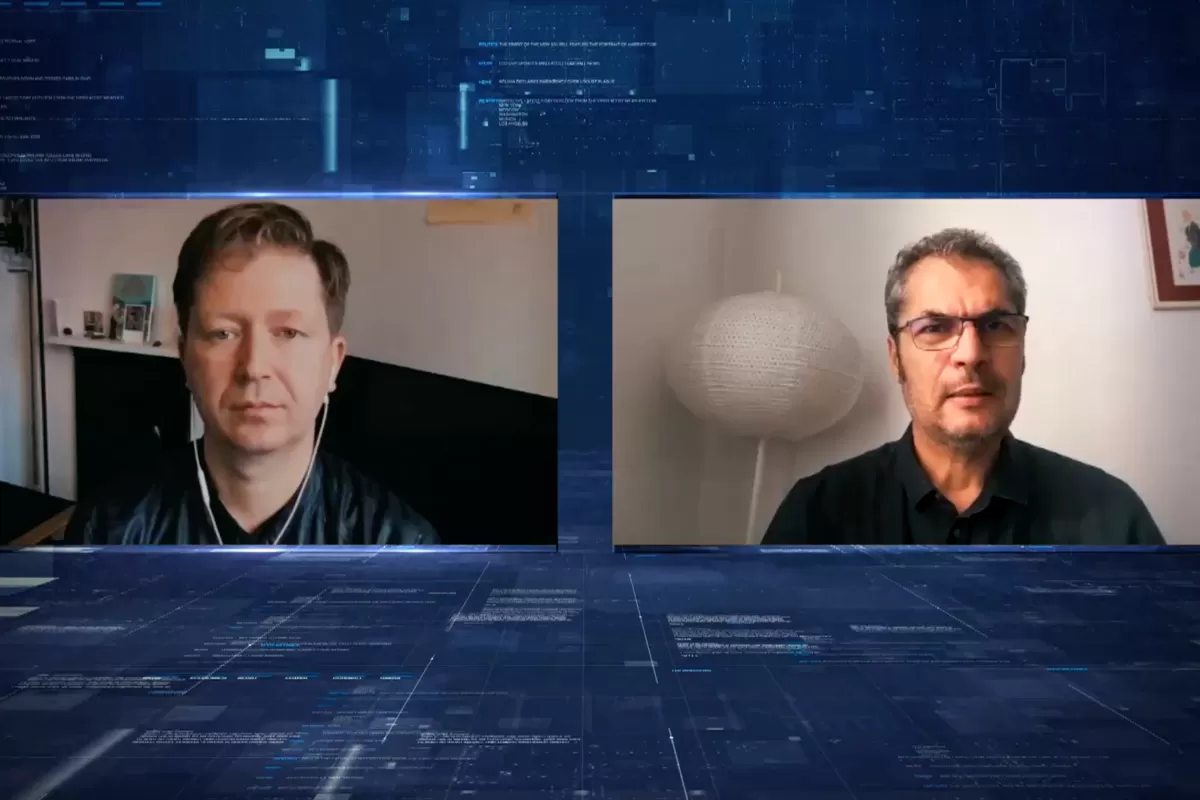
Putin's Russia is becoming more and more like Stalin's Russia, according to journalist Andrei Soldatov, one of the most respected experts on the Russian secret services. In an interview with Veridica and TVR, Soldatov explained how Putin corrupted Russian society, why the FSB is the successor to the Soviet KGB, what the methods and mentality of intelligence officers are, and how they came to believe and trust him also convince Putin that a war in Ukraine was necessary.
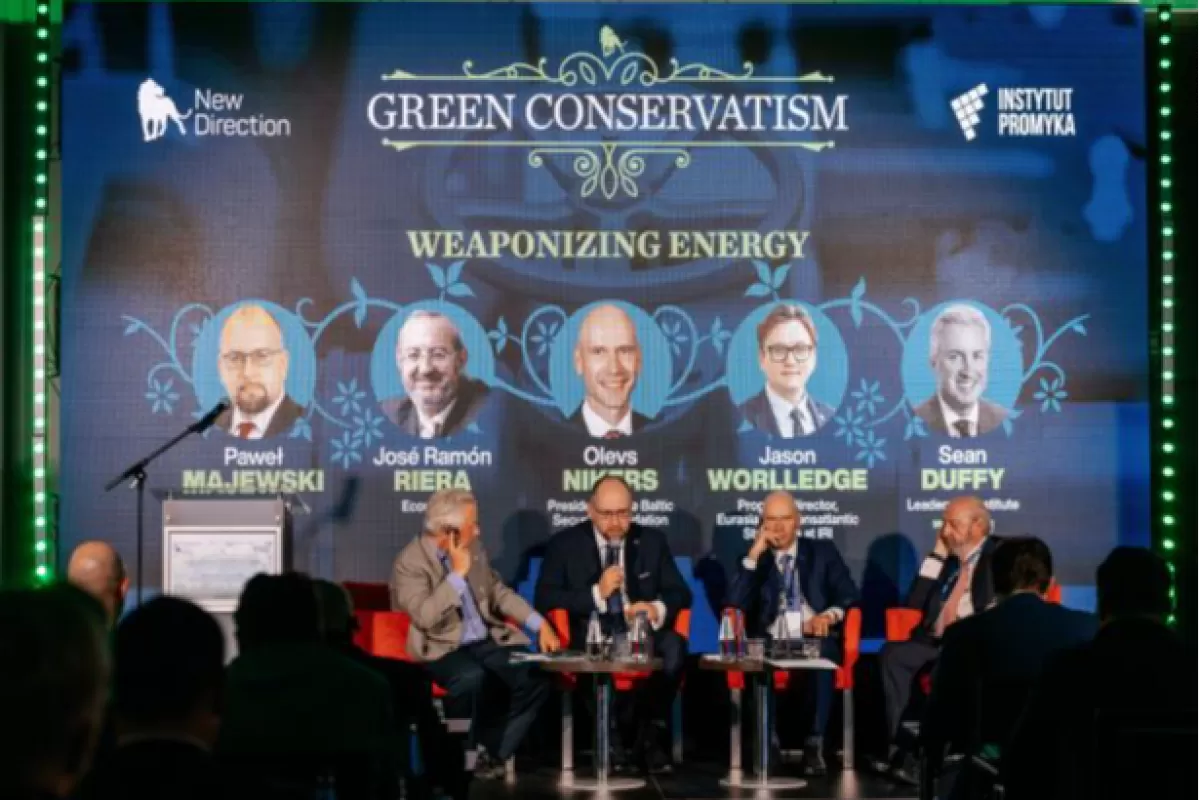
For the Baltic States and NATO, the best outcome of the war in Ukraine would be a complete defeat of Russia, according to the president of the Baltic Security Foundation, Olevs Nikers. However, Nikers feels that the most likely scenario for the end of the war would be a peace agreement, which means that the Baltic states and the Western world will be forced to deal with Russia on the long run.

Octavian Magas luptă chiar din primele zile ale războiului în cadrul armatei regulate ucrainene. Este etnic român, originar din regiunea Cernăuți. Magas a supraviețuit bombardamentelor intense ale rușilor, în vară, a văzut bucuria oamenilor din Harkov, eliberați de forțele ucrainene, dar și ostilitatea celor din zone rusificate. A trebuit și să treacă, la fel ca nenumărați alți militari ucraineni, peste pierderea unor camarazi și prieteni. Într-un interviu acordat în exclusivitate, Octavian Magas a povestit, pentru Veridica, cum a văzut și a trăit primele opt luni de război.
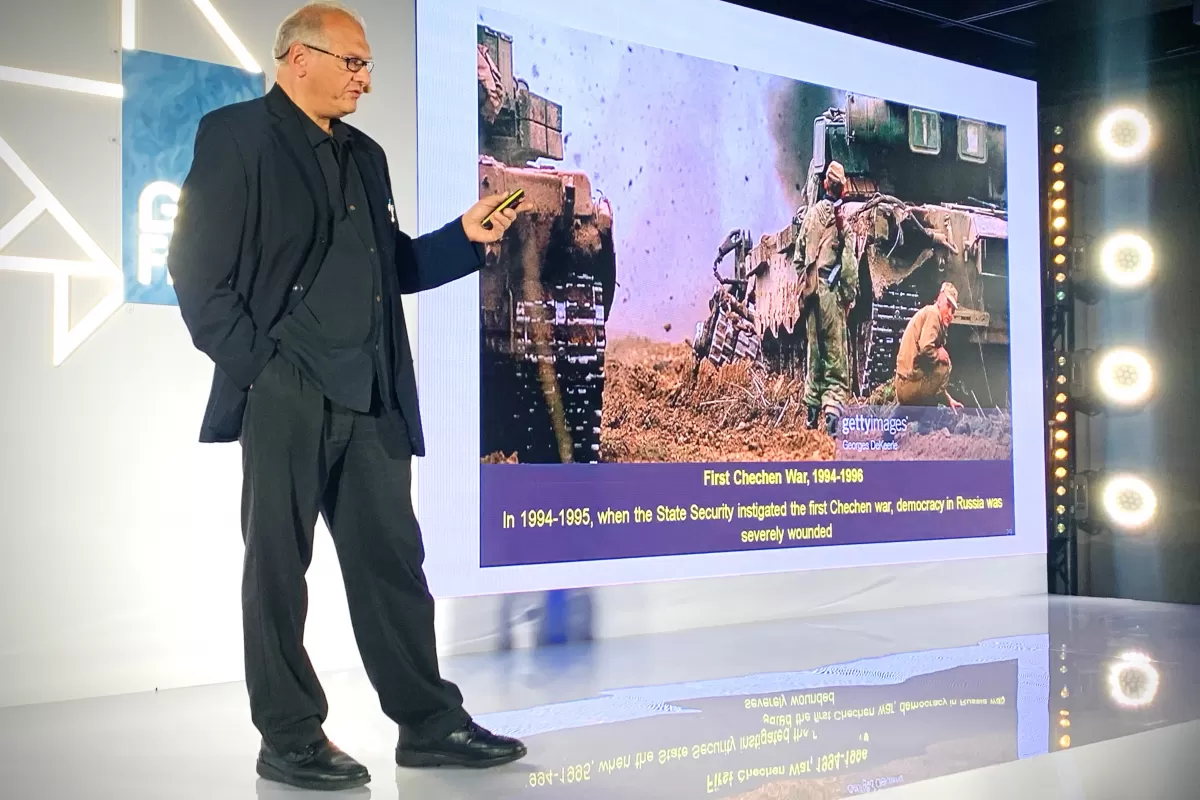
Vladimir Putin’s original plan was to subdue Ukraine without bloodshed and create a joint Russian-Ukrainian-Belarusian army that he could use to conquer Baltic States and the Republic of Moldova, the Russian-American expert Yuri Felshtinsky argues, adding that Moscow’s recent actions suggest, despite all the threats, that no nuclear weapons will be used against Ukraine.

Vladimir Soloviov is a Russian journalist based in the Republic of Moldova. He writes for Kommersant. Veridica spoke with Mr. Soloviov in Chisinau about the political developments in the Republic of Moldova, Russia’s imperial claims and the war in Ukraine, but also about the almost non-existent relationship between Russia and Romania.

For Europe to evade the Russian threat, Russia needs to slip into a period of instability once Putin is gone, says Vladimir Socor. In an interview to Veridica, Vladimir Socor says the early signs of post-Soviet expansionism became transparent in the 1990s, also referring to Ukraine’s chances in the current war.

The Transnistrian is not an obstacle to the EU integration of Chișinău, says the ambassador the Republic of Moldova in Romania, Victor Chirilă. In an interview to Veridica, the Moldovan diplomat said that, should Ukraine win the war against Russia, Tiraspol leaders will become “more flexible”. Victor Chirilă analyzed the security risks for Chișinău, as well as the main projects carried out by the Republic of Moldova jointly with Romania.

Historian Mark Galeotti, who specializes in Russian history and politics and one of the Western experts who followed Vladimir Putin before he became president, believes that the Kremlin leader is primarily responsible for the strategic mistakes made by the Russian army in Ukraine. Professor Galeotti also spoke about the nature of power in Russia and the links between the state, oligarchs, secret services and organized crime.

Andrey Kurkov is one of the most important contemporary Ukrainian writers. He writes in Russian, but has been described as an "enemy of Russian culture." In an interview with Veridica, Andrey Kurkov spoke about Russia's return to the monarchy under "Tsar" Vladimir Putin, the decoupling - at least temporarily - from Russian culture, but also about Moscow's war against his country.
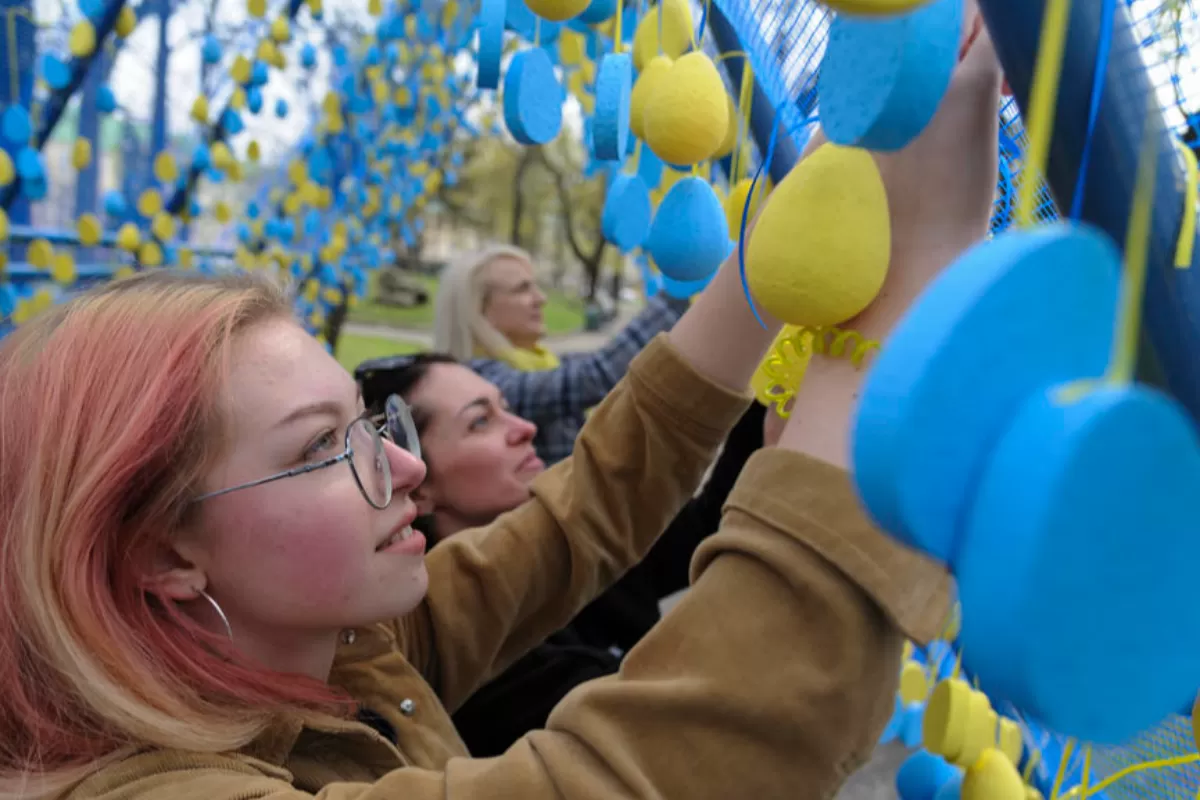
There is now a great deal of coagulation in Ukraine over the national idea, and Ukrainians quickly understood, from the earliest days of the Russian invasion, that they have to either fight or be killed, says Nadija Afanasieva, director of the Ukrainian Institute for International Politics in Kyiv. In an interview with Veridica, the international relations expert explained what Vladimir Putin actually meant when he said that Russia had “noble intentions”, but also what the role of the Transnistrian region in the economy of this war is.
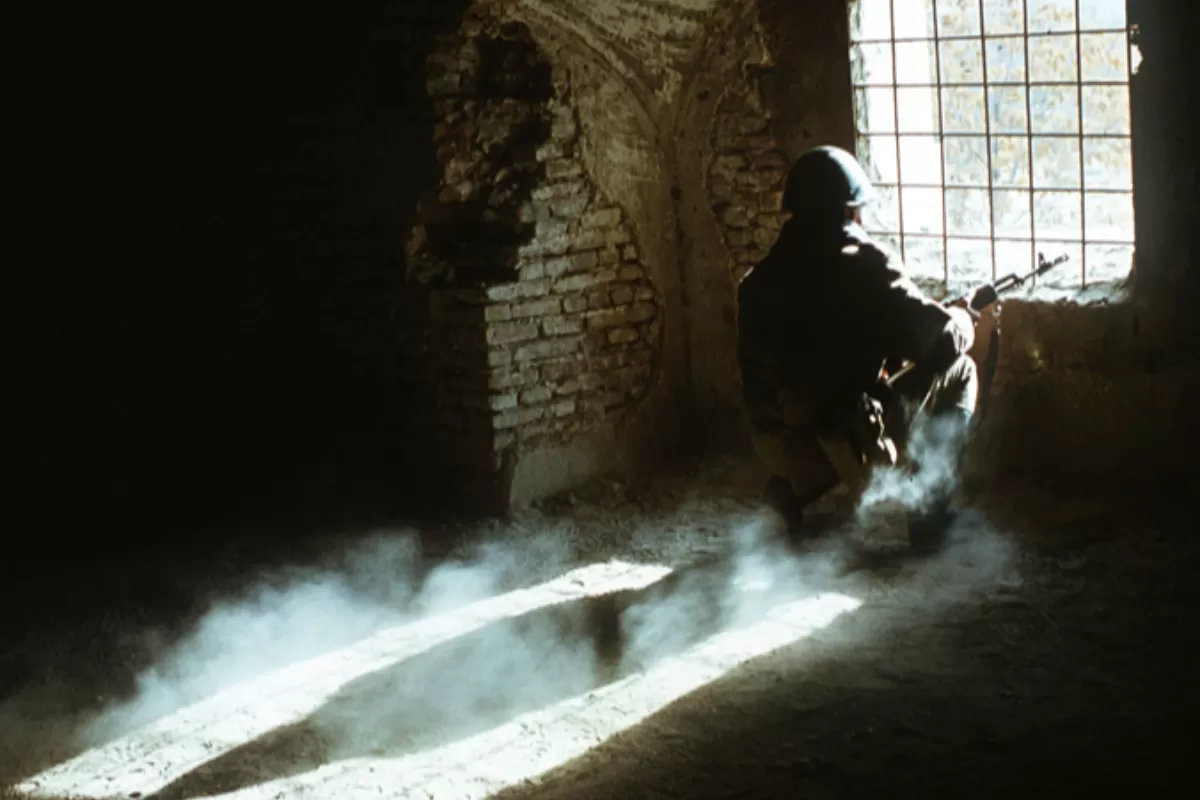
Through its tactics in Ukraine, the Russian military is reminiscent of the Soviet army in Afghanistan rather than a modernized force. Veridica spoke with Chisinau military historian and researcher Ion Xenofontov to see the similarities and differences between the two wars fought by the former USSR and its legal successor, Russia.